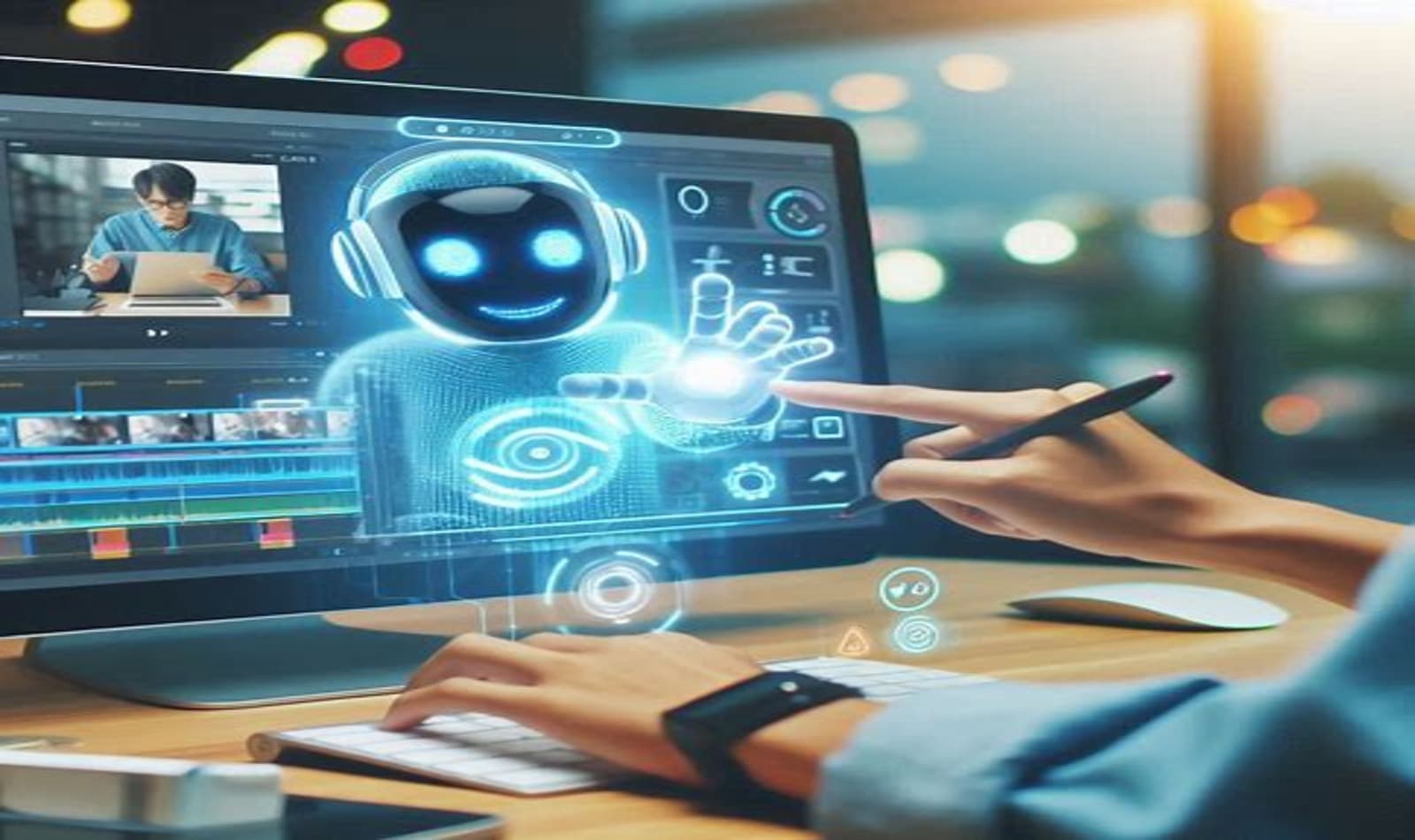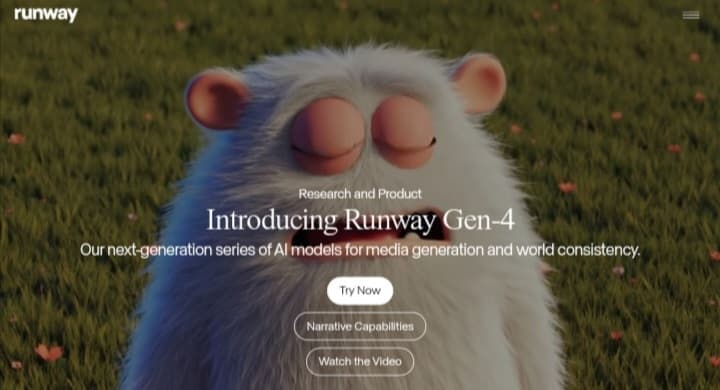
Runway Moves Into Gaming With AI Game Generation Tools
Runway, the company valued at three billion dollars, has announced its expansion into the gaming sector.
The move comes after the company cemented its position as a key player in AI-driven film and visual effects, with its tools already being utilized by major Hollywood studios.
The company is launching a new interactive experience for users, beginning with a simple chat interface that supports text and image creation.
However, according to CEO Cristóbal Valenzuela, the ambitions are far greater. He revealed plans to introduce the capability to generate complete video games later this year.
From Film Sets to Gaming Arenas
Valenzuela believes the gaming industry today is in a similar position to where Hollywood was two years ago with the emergence of generative AI.
Following a period of initial resistance, film studios gradually began to adopt these technologies into their production pipelines.
He noted that Runway’s tools have already contributed to productions like Amazon’s “House of David” series, and the company is working with most major studios.
In this context, Valenzuela added, “If we can help a studio produce a film 40 percent faster, we can likely help game developers build their games at a faster pace.”
He expressed his belief that gaming companies are beginning to respond to this shift more quickly than film studios did initially.
New Opportunities and AI Concerns
Through these tools, Runway aims to make the game creation process more accessible to a wider range of creators, including independents who lack extensive resources.
Furthermore, Valenzuela confirmed that conversations are underway with several major gaming companies, not only to use Runway’s technology but also to access their proprietary data for training and improving the AI models.
This push, however, is not without its controversies. Opinions within the player and developer communities are divided.
While some express great enthusiasm for the creative potential and efficiency these tools could offer, others voice concerns about the impact on the jobs of artists and designers. There is also a fear that games might lose their human touch and become more homogenous.
It remains to be seen how this development will truly change the industry, but Runway’s bold step certainly marks the beginning of an exciting new chapter in the relationship between artificial intelligence and interactive entertainment.


